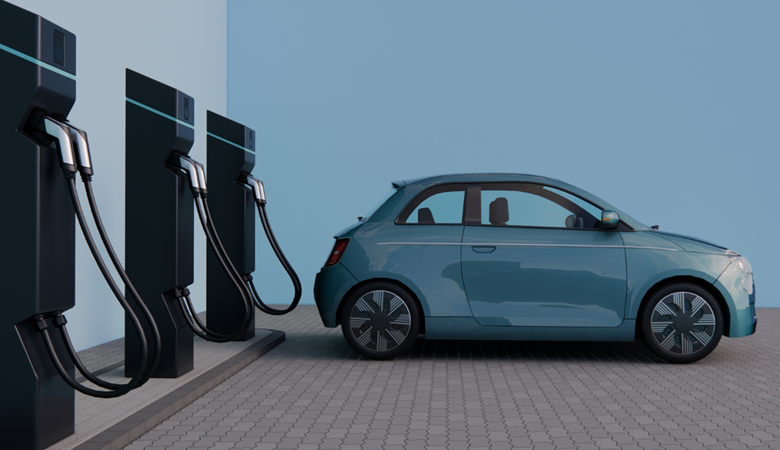India Unveils New Guidelines to Accelerate Electric Vehicle Charging Infrastructure Development

News Mania Desk/Agnibeena Ghosh/22nd July 2024
With the increasing adoption of Electric Vehicles (EVs) in India, the government has introduced new regulations aimed at enhancing the EV ecosystem. The “Guidelines and Standards on Charging Infrastructure” were recently announced to address the burgeoning demand for efficient and accessible EV charging solutions.
The Economic Survey for the fiscal year 2023-24, presented in Parliament on July 22, emphasizes the need for robust charging infrastructure to support the growing number of electric vehicles. The guidelines, which were initially released on December 14, 2018, have been revised multiple times, with the latest update issued by the Bureau of Energy Efficiency (BEE) on June 28. These revised norms are designed to guide the installation and operation of EV charging stations, ensuring a standardized and efficient setup.
The guidelines serve as a critical framework for businesses and individuals looking to establish EV charging stations. By adhering to these standards, stakeholders can contribute to the development of a comprehensive and user-friendly charging network across the country. This move is part of the government’s broader strategy to boost the EV ecosystem and support the transition towards sustainable transportation.
The Economic Survey also highlights the financial commitment made under the phase II of the Faster Adoption and Manufacturing of Hybrid and Electric Vehicles (FAME) scheme. An allocation of Rs 11,500 crore for the period FY20-FY24 has been approved, aimed at stimulating demand for electric vehicles. This initiative supports the deployment of 7,000 e-buses, 5 lakh three-wheelers, and approximately 10 lakh two-wheelers, which are crucial for expanding the electric vehicle market.
In her interim budget speech on February 1, Finance Minister Nirmala Sitharaman reaffirmed the government’s dedication to advancing EV manufacturing and fortifying the supporting infrastructure. As India strives towards its ambitious net zero emissions target by 2070, strengthening the EV ecosystem and developing a robust charging infrastructure will be pivotal in achieving this goal.
The government’s focus on EV infrastructure reflects a significant push towards cleaner and more sustainable transportation solutions. By implementing these guidelines, India aims to address current challenges in EV charging accessibility and reliability, paving the way for a smoother transition to electric mobility.
In summary, the introduction of updated guidelines for EV charging infrastructure represents a crucial step in supporting the growing electric vehicle market in India. With substantial financial backing and a commitment to enhancing the charging network, the government is setting the stage for a more sustainable and efficient transportation future.






